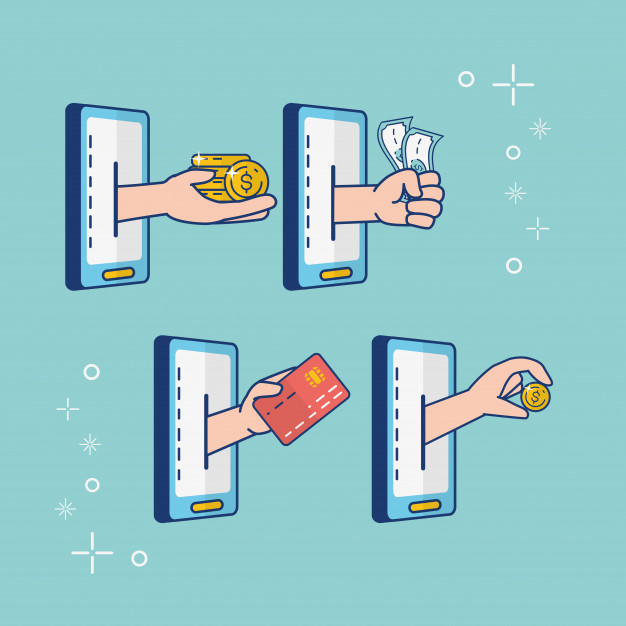One version of the House of Representatives bill for COVID-19 relief included a provision that would create a free account for consumers that financial institutions would be required to offer to anyone. As is often the case in quickly written legislation, there wasn’t a consideration for what to do with those that didn’t pass OFAC or regulator approved policies.
While this provision did not make the final bill that was passed by the Senate and expected to pass in the House on Friday, March 27, the seed has been planted. In commentary in Barron’s, a contributor picks up the idea where the legislation left off:
The poorest lack access to basic banking because payment mechanisms are highly segregated by income, by design. The richer you are, the more rewarding your credit card. Not enough money, no card for you. According to the Federal Deposit Insurance Corp, around one out of every 14 households are unbanked. Their access to the online economy is through prepaid cards, which are expensive to use due to hefty upfront purchase fees and additional fees for services the rest of society takes for granted—such as the ability to check your balance or maintain an account month to month. These services are provided, just at a cost; imagine paying $1 to check your balance.
Consider the following:
FDIC reports and Mercator data confirm that over 90% of U.S. consumers have a bank account, and that number has been consistent for the last several years.
The American Payroll Association reports in its survey that 94% of workers receive pay through ACH direct deposit and 2% through a payroll card, meaning they do not need to go to a check cashing provider and pay fees to access their pay.
The article suggests that prepaid cards are too expensive. While some do seem to charge too many fees, there are certainly many that are very economical. The surge in neo-banks, or challenger banks, also offers another source of low fee account options.
Let’s not forget that financial institutions already offer digital-only accounts (no checks), and many of these will not allow transactions to overdraw their accounts, thus avoiding overdraft fees.
And finally, many government agencies offer prepaid accounts for social security, unemployment insurance, and other benefits.
The government doesn’t need to create a new account. The solutions already exist.
Overview by Sarah Grotta, Director, Debit and Alternative Products Advisory Service at Mercator Advisory Group
